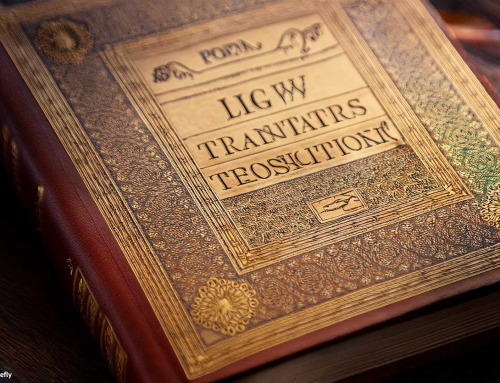Difference between Common Law and Equity Law
The English legal system
Until William the Conqueror conquered England in 1066, the customary law of the Germanic tribes of the Saxons, Angles, Jutes, and Danes applied in England, which varied from region to region. After the conquest, different parallel jurisdictions of royal and non-royal courts developed, which over time were consolidated into a uniform legal system known as common law, that applied throughout England and was also open to change. Only in the case of matrimonial proceedings and matters of church discipline did the ecclesiastical courts retain jurisdiction.
While Roman or canon law spread later in continental Europe, there was no need to adopt Roman-canonical rules in England due to its already established legal system. In Scotland, however, Roman-canonical common law was adopted.
In distinct contrast to continental legal systems, English plaintiffs had to apply for a writ in order to enforce their claims. The word writ is etymologically related to the English verb “to write.” However, a writ did not establish a legal claim, but was merely a written order from the king to the sheriff of the defendant’s county to initiate proceedings (e.g., summoning the defendant or convening a jury). The form of the writ was strictly prescribed, and choosing the right writ was crucial, because if the wrong writ was chosen, the application had to be dismissed. This is the reason for the great importance of procedural law in the English legal system.
Due to this system, many people seeking justice were unable to obtain a fair hearing and therefore turned directly to the king – as the guarantor of justice – with a request for assistance in obtaining a judgment that, while not in accordance with the principles of common law, was in accordance with the dictates of morality and conscience. The king entrusted his chancellor with the task of deciding these cases, which became increasingly frequent and, over time, lost their exceptional character. In this way, the Court of Chancery developed a second system of jurisprudence known as equity law to compensate for the harshness of common law.
In 1873, the Judicature Act was passed, which represented a major reform of procedural law and the law governing the organization of the courts. The system was unified so that all English courts would take into account and apply the principles of common law and equity. The common law courts and the Court of Chancery became separate divisions of a new High Court of Justice. The various writs were also unified into a general writ of summons, so that plaintiffs no longer had to commit to a specific writ and thus no longer ran the risk of losing the case solely on the basis of a technicality.
In 1999, a new Code of Civil Procedure came into force—the writ as a procedural measure was abolished in favor of the “claim form” used today.
Today’s English law basically consists of case law, which is law based on court decisions made over centuries, and statute law, which is law created by the legislature. Case law is based on the idea that a new decision must be fundamentally and bindingly based on a previous decision. In this way, court decisions have the force of law in England. In addition, lower courts are bound by the decisions of higher courts, whereby the decisions of higher courts are binding until they are overturned by an even higher court or by legislation. The aim of statute law is to supplement and increasingly replace case law, as well as to clarify ambiguities and fill existing gaps. A distinction is made between Acts of Parliament (corresponding to German law gazettes) and delegated legislation (regulations issued by ministers and other government agencies).




